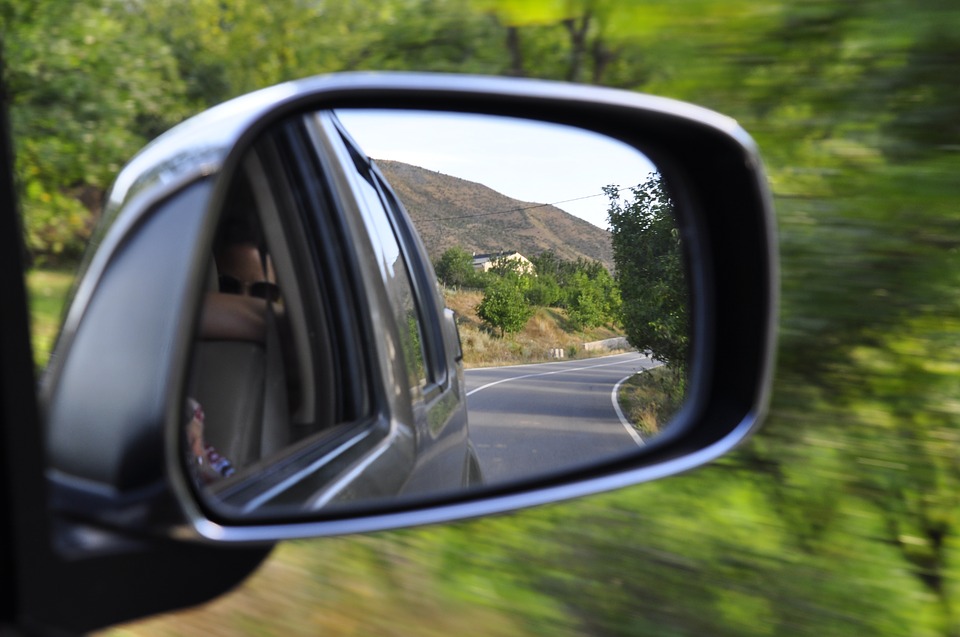Preparing For The End Of Summer Roadtrip

Summer’s end is on the horizon, but that doesn’t mean it’s time to stop all of the fun quite yet. It’s the opportunity to have one last hurrah before the kids go back to school and students return to college halfway across the country. For adults, it’s a chance to get out in the sunshine.
In any case, let’s look at how to go on a successful road trip!
You should have a good idea of the routes and stops before you even leave. There are plenty of apps and sites that will help you determine your route, but know that you should also keep your plans flexible. Construction could crop up, or you might simply decide to veer off course if something looks interesting.
By planning ahead of the trip, you can sketch out what you want to see and experience. And, important on a road trip, drive time between major cities for bathroom breaks and opportunities to fuel up.
One of the major expenses of a road trip can be fuel – but only if you drive efficiently. The US Department of Energy found that going the speed limit is your best bet for fuel economy. The faster you go, the more fuel you use. Replacing components such as your air intake/filter, tires, and brake pads can also improve efficiency.
Don’t neglect your vehicle before leaving. Change the oil, fill up fluids, check tire pressure. Better to check beforehand than to break down in the middle of a road trip, an hour from any major city.
Packing light will also help. The less you take with you, the lighter the car will be, taking a burden off the engine. However, packing a cooler with food helps with the cost of stopping at a fast food joint and spending more money. However, studies show that exits with multiple gas stations and places to eat have the lowest gas prices.
While less efficient than driving a car, consider towing a camper. With access to campgrounds or empty land, it’s far less expensive than staying in hotels or motels. However, it’s also quite a bit trickier – and you will need an SUV or truck, leading to more fuel consumption.
Be sure to invest in extra water and snacks if you decide that roadtripping with a camper is the way to go. It’ll save trips to the store, and if you are in the wilderness, those provisions are absolutely essential.
More time on the road means higher chances of something happening. Be sure you know the limits of your insurance, as even cheap insurance can include roadside assistance. If needed, update your insurance to include good collision protection and uninsured driver protection.
This can also be helpful if you run out of gas on the road. A quick call to your insurance agency, and gas will be brought to you, making it hard to get stranded.
By planning ahead, making sure your car is running at peak efficiency — even if you are towing a camper to save money on hotels — and make sure your insurance is up to date and adequate. You’ll be spending a lot of time on the road, but you can still save money and make the trip comfortable!
